












Before you head out on your upcoming vacation, use these easy tips to keep your home safe.
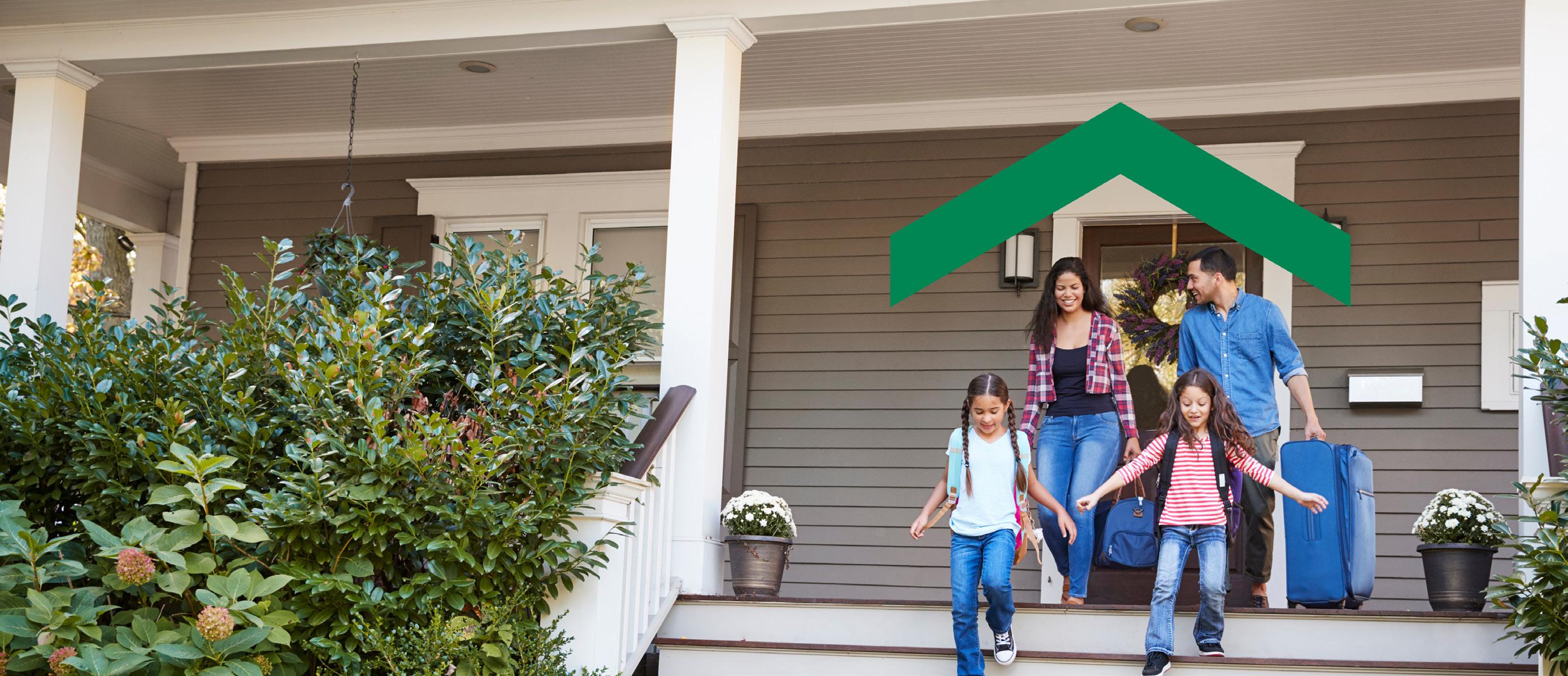
Ask someone to collect your mail
Stop mail and newspaper deliveries or have them regularly picked up by a neighbour, so it looks like someone is still home.
Arrange for lawn care
Have your landscaping tended to by a friendly neighbour or local service. Before you leave, trim tree branches that might allow access to a climbing burglar.
Prevent power surges
Disconnect your computer, TV, stereo and other electronics, or make sure they are plugged safely into a surge protector.
Invest in temperature control
Use a programmable thermostat to lower your heat or air conditioning usage.
Secure valuables
Consider putting your jewelry or other valuables in a safe deposit box and hide any other expensive items so they can’t be seen through your windows.
Don’t leave spare keys outdoors
Collect any spare keys you may have hidden around the exterior of your home because burglars know the most popular hiding places, like beneath mats and in potted plants.
Set timers on both your interior and exterior lights
This will help deter burglars by making it appear as though someone is home.
Check all doors and windows
It might seem obvious to lock them but double-check just to be sure.
Lock your garage
Even if there’s no direct entrance to your house, you likely store some very valuable items – like expensive sports equipment or landscaping tools – in there, so don’t allow burglars easy access.
Notify your alarm company
If you have a home security system, let your representative know you’ll be away from home and make sure the alarm is set properly when you leave.
Avoid status updates
Don’t broadcast your location on social media – especially if your profile isn’t restricted to just your friends or colleagues.
Enjoy your vacation stress-free thanks to these quick and easy tips! If you’re interested in more ways to protect your home, give me a call to discuss your property needs – and, for additional advice on how to prevent damage, theft and stay safe, visit desjardinsagents.com/customer-care/blog.
michelle@michellebroadbent.com michellebroadbent.com

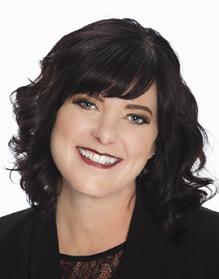
PUBLISHER EDITOR



T8N Contents
10
3 Summer 2023
Rob Lightfoot Gene Kosowan
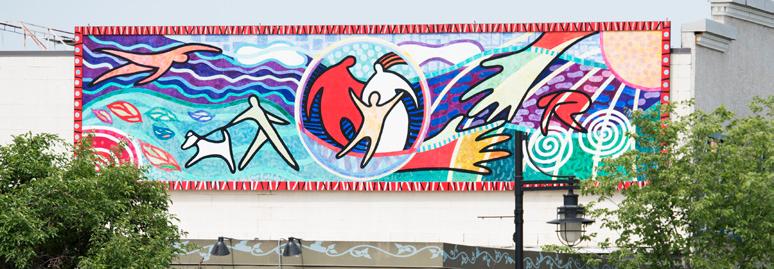
DESIGN & PRODUCTION MANAGEMENT
Isaac White
PHOTOGRAPHY
Brenda Lakeman
CONTRIBUTOR
Gene Kosowan, Markwell Lyon, Shima Zonneveld, Corbin Stewart
OFFICE MANAGER
Janice Lightfoot
CONTRIBUTING AGENCIES

Images page 15: Musée Héritage Museum
École Father Jan School
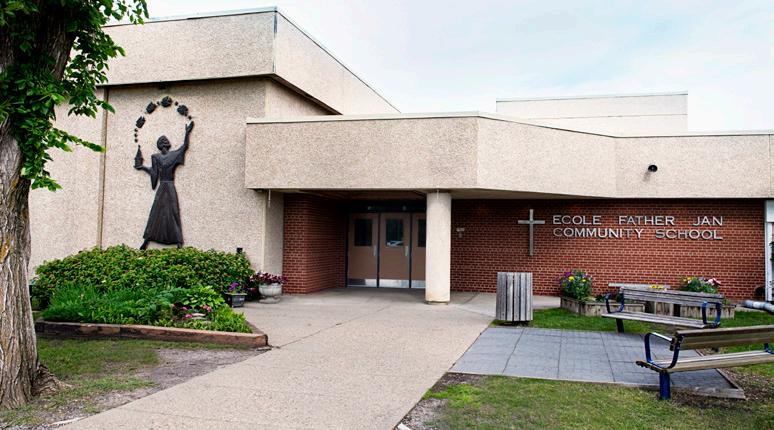
ISSN 2368-707X (PRINT)
ISSN 2368-7088 (ONLINE)
For editorial inquiries or information, contact T8N magazine at info@t8nmagazine.com . Have something to say? Letters, suggestions or ideas can be sent to letters@t8nmagazine.com.
FOR ADVERTISING INFORMATION
Rob Lightfoot rob@t8nmagazine.com
780 940 6212 or visit t8nmagazine.com
T8N magazine is published 5 times a year by T8N Publishing Inc. Copyright ©2023 T8N Publishing Inc. Reproduction in whole or in part without permission is strictly prohibited. Content marked by the Sponsored Content icon was produced in partnership between content producers and T8N magazine.

PRINTED IN CANADA
T8N PUBLISHING INC
PUBLISHER & PRESIDENT
Rob Lightfoot: rob@t8nmagazine.com
Relatively cheap and straightforward, ultralite aircraft make flight accessible–and a lot of fun–for the masses
Spotlight
20 WALK ON THE WILD SIDE
Living
FOOD AND GATHERINGS

Down Time
22 UNDER THE SUN
14
THEN & NOW School’s Out
AT LEAST ONCE a year, lifestyle publications like T8N chomp at the bit to create content geared towards meeting two key goals: keeping readers informed while keeping them cool as well, hence our motives for putting out a special summer edition.



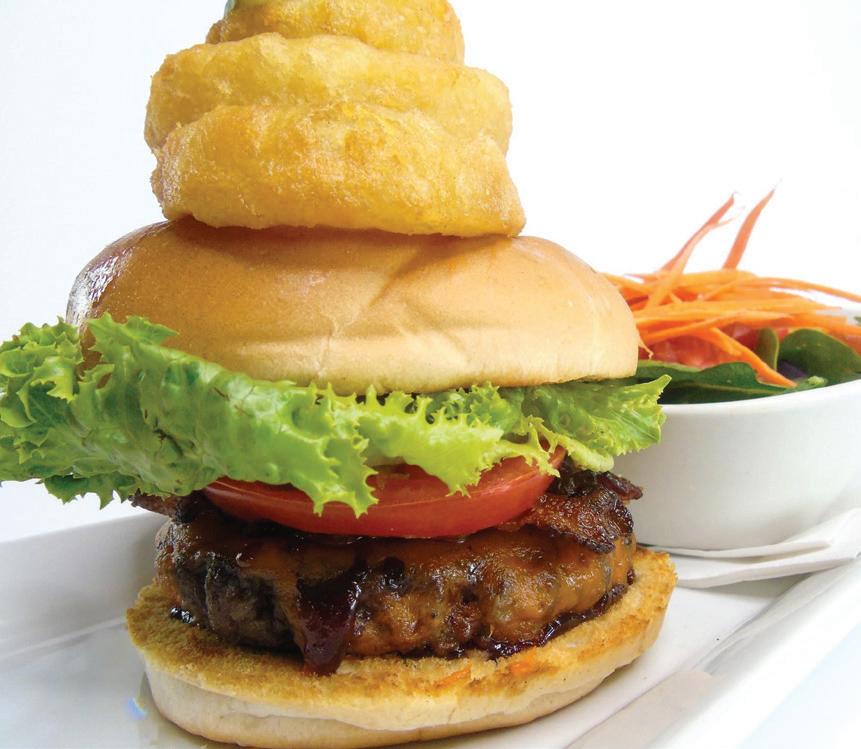
Easily half of this edition’s editorial meets that dual criteria, starting with experiencing the wind rush through your hair while flying an ultralite aircraft (page 5). Add in the exhilaration of receiving that refreshing spray of H2O on a hot, summer day at Woodlands Water Play Park (page 16) and taking advantage of the shade in the ample foliage at Wagner Natural Area (page 20) and we’d like to think that we’ve got a lot of those bases covered.


Summer is also an ideal time of year to check out the vast array of public art around the city (page 8) and using locally-provided food items to create some light snacks (page 12). But we couldn’t resist adding something more timely, such as the recent closure of the venerable École Father Jan, while kids spend the season trying to ignore everything about school, at least until fall comes around (page 14). Summer comes but once a year, and in this part of the world, the season is especially fleeting. That means taking advantage of every opportunity to enjoy this sunny and warm period. Hopefully, we’ve done our part to help you do just that. t8n
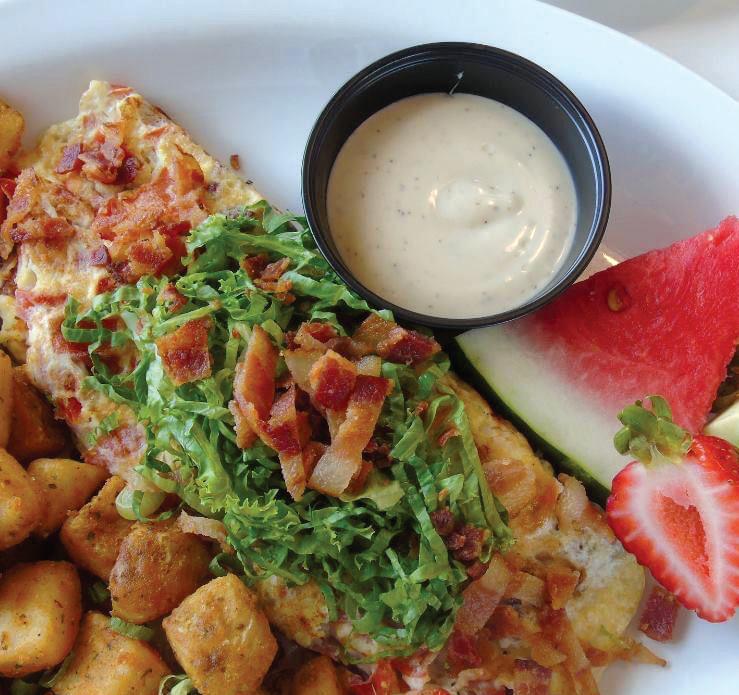
A picture may be worth a thousand words, but sometimes it helps to spell out the message you want folks to receive. That's at least part of the motivation for our graphic designer, Isaac White, who opted for a picturesque, typographical look that graces this month's cover. As the kids say... Word.

Claudio Mota shouts over his shoulder.
Claudio Mota shouts over his shoulder.
Relatively cheap and straightforward, ultralite aircraft make flight accessible–and a lot of fun–for the masses
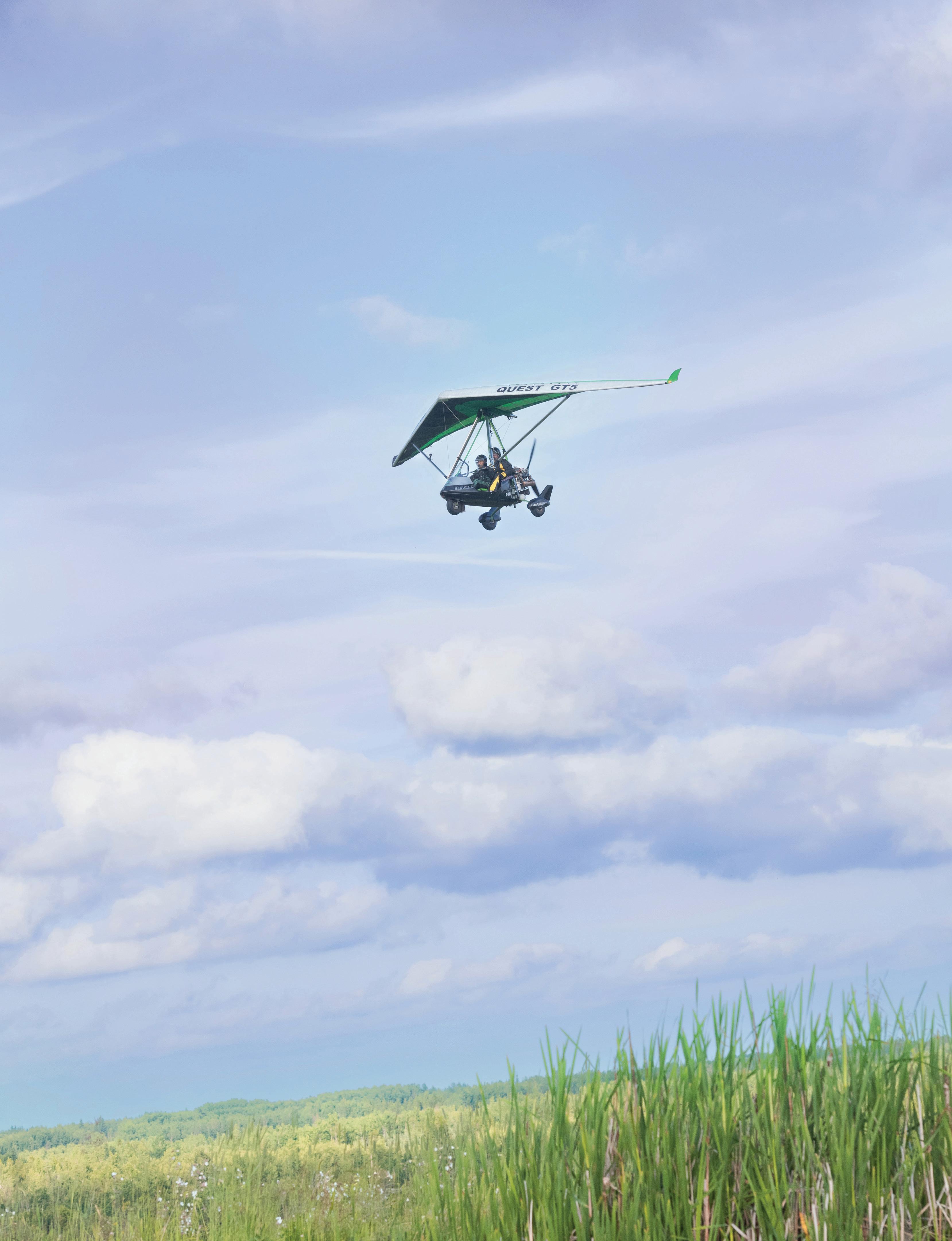 BY: MARKWELL LYON
BY: MARKWELL LYON

“Ever been inside a cloud before?” “Ever been inside a cloud before?”
STRAINING TO HEAR the flight instructor over the buzz of the engine, all I can say is that I’ve seen clouds from airplane windows. That’s nothing like feeling it on your skin, Claudio answers, and I get a sense of why he feels so at ease now, a couple of thousand feet above a looping bend in the North Saskatchewan River, northeast of Drayton Valley. The Air Adventure Flight School’s ultralight trike that he’s piloting and in which I’m a passenger has an open-air cockpit, so the views are all around us. The twisting, greenishbrown river. The fields, brightly verdant with July rain, stretching into the hazy distance. A tractor-trailer crawling along a secondary highway below. Endless sky. From this height, everything looks not so much distant as somehow miniaturized.
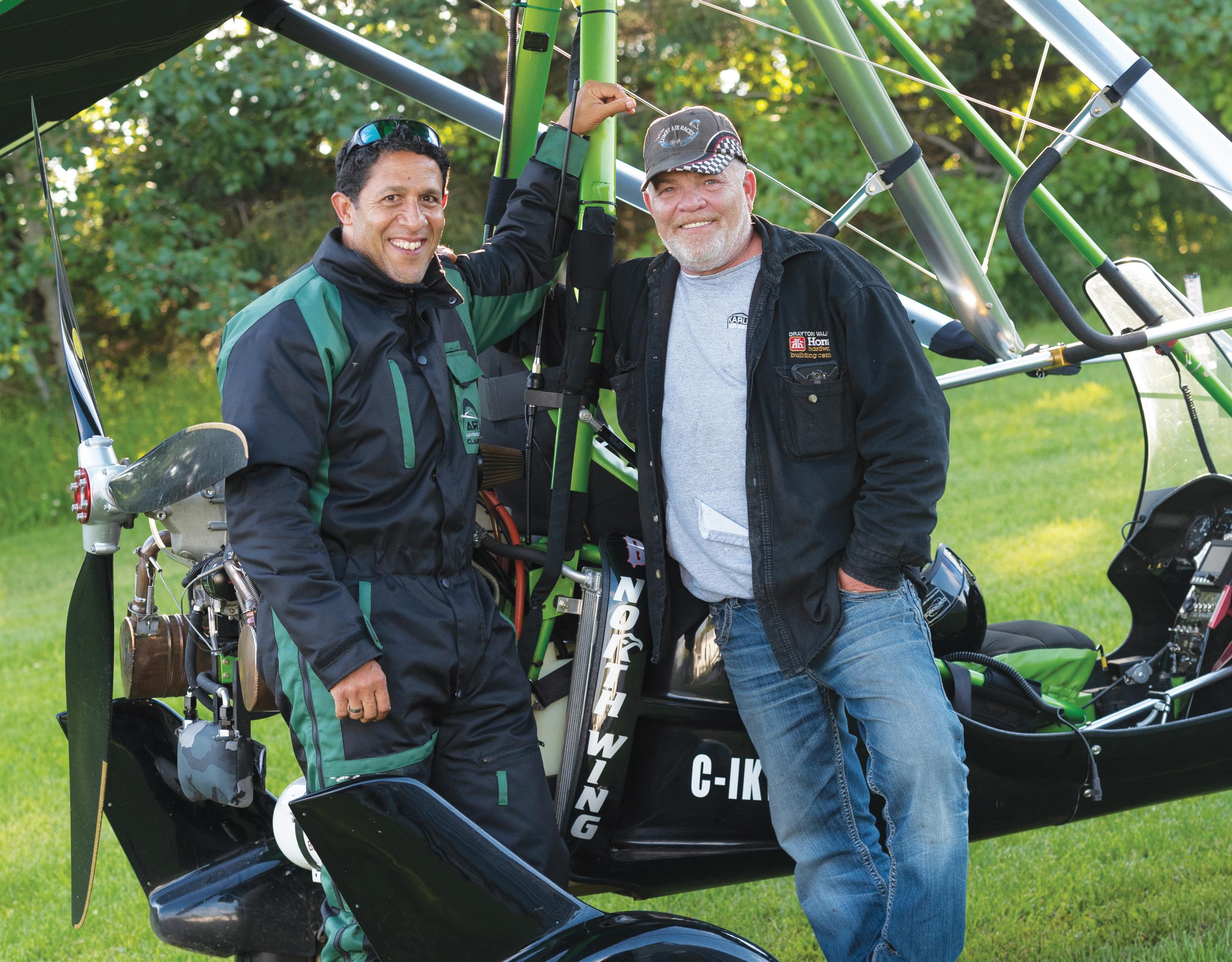
Ultralights represent one of the fastest growing areas of aviation in Canada.
Looking up, I see we still have some distance to climb before we reach the nearest clouds. Claudio obviously intends to take us up there, and I admittedly tense a little. I’ve never been a fan of heights, let alone flying. But the ultralight experience is surprisingly different. Exposed to the elements, you feel like you’re more immersed in the act of flying. Rather than, say, passively watching things unfold from a narrow, double-paned window.
Claudio explains the reason he wants to go higher: with the evening sun sinking in the west, it’s a good opportunity to view a glory—an optical illusion cast on clouds or mist by a low sun. A glory consists of a magnified shadow circled by bands of rainbow, created as water droplets diffract sunlight. They’re so named because the rainbow resembles the halos in old religious paintings. If nothing else, it’s a handy excuse for exploring the range and possibilities of ultralight flying.
Ultralights represent one of the fastest growing areas of aviation in Canada. First developed in the 1980s, they now make up a fifth of all registered civilian aircraft. These lightweight, powered hang gliders are controlled by weight shift—the pilot steers the aircraft by applying force to a control bar. The engine is used to gain altitude, after which the pilot may cut power to glide back to earth. The aircraft are often referred to as “trikes,” giving rise to a common analogy: if flying a Cessna is like driving a Cadillac, then flying an ultralight is like riding a motorbike.
Claudio shifts the control bar, and we start to climb. Though it’s a summer evening, ideal time for flying, it’s a windy one. We’re protected from the elements and the temperature change— about a degree Celsius for every 100 metres of altitude—by our heavy flight suits. My nerves are slightly on edge, though, as I watch buildings and features on the ground grow ever smaller. Before long we’re levelling out. Fast-moving wisps of stratus cloud drift across our faces, and indeed, it is a cool sensation. Claudio steers the trike around, putting us between the setting sun and a mass of cloud. I look to my left, and there it is: the dark shadow of the trike on a white backdrop, surrounded by rings of colour. We linger for a bit, taking it in along with the expansive views all around us. Then Claudio kills the engine, and we comfortably drift back to the sureness of ground again. Besides ultralight trikes, Air Adventure Flight School also offers flight instruction for paragliders, gyroplanes (a sort of minihelicopter that uses air power to attain lift), and paramotors (a parachute powered by a motor worn on the pilot’s back). t8n


According to Transport Canada, ultralight permits must be at least 16 years of age and medically cleared to fly. They have to complete a minimum of 20 hours of flight instruction and pass a written examination. Additionally, they must acquire a minimum of 10 hours flight time, including at least two hours of solo flight time, and a minimum of 30 takeoffs and landings, with 10 or more of those as the solo occupant.
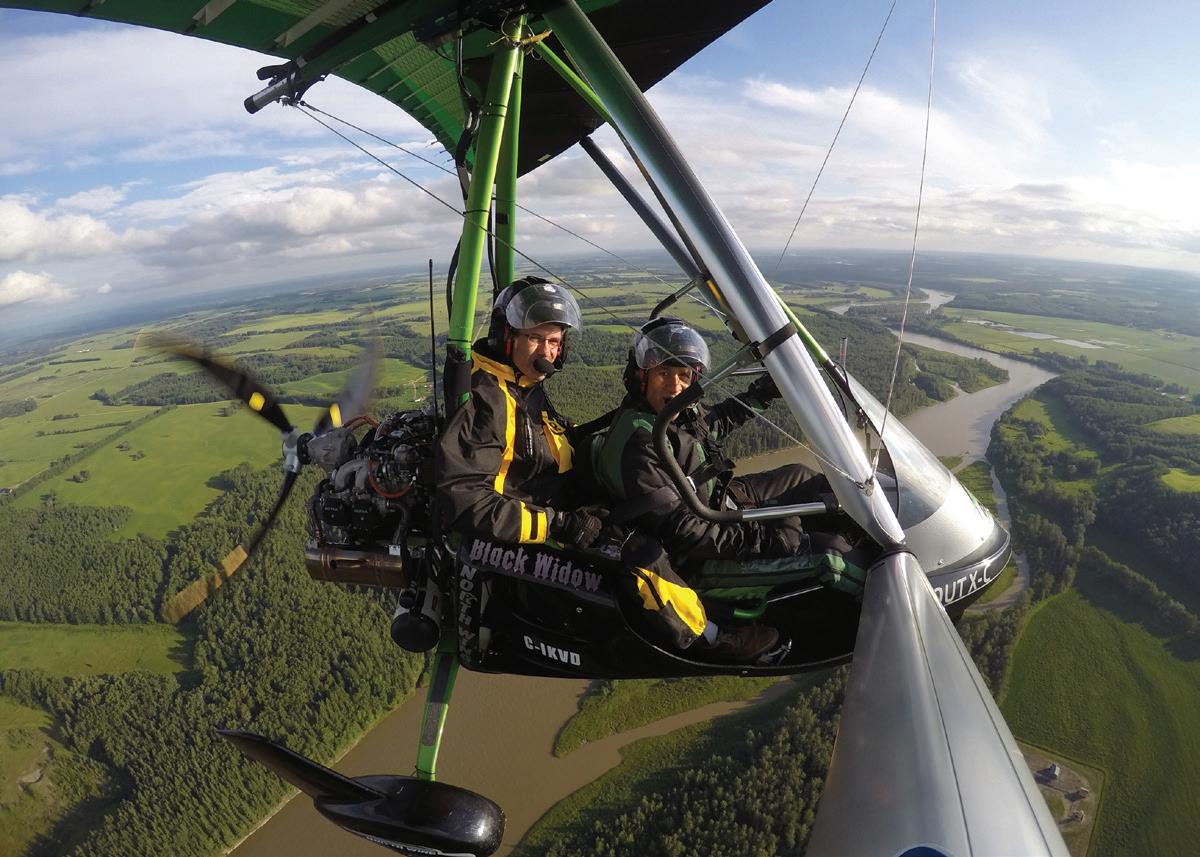
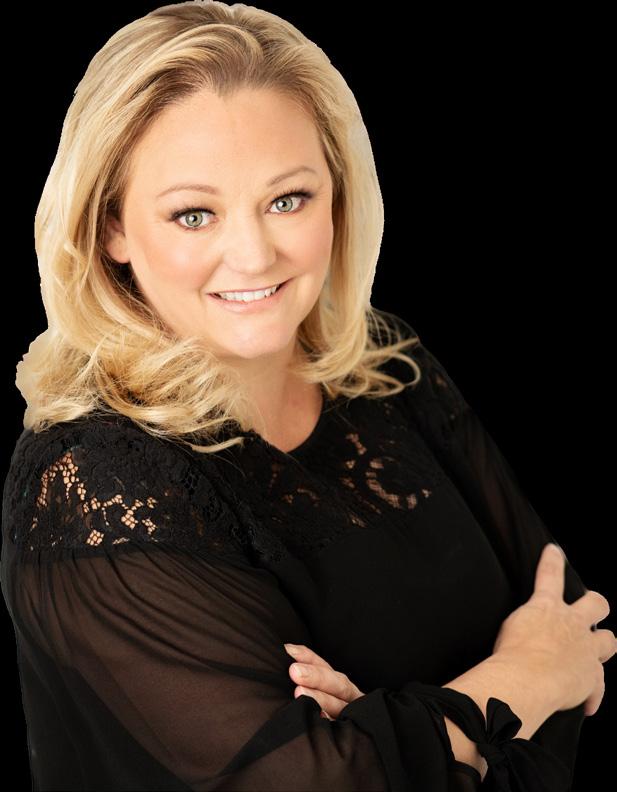
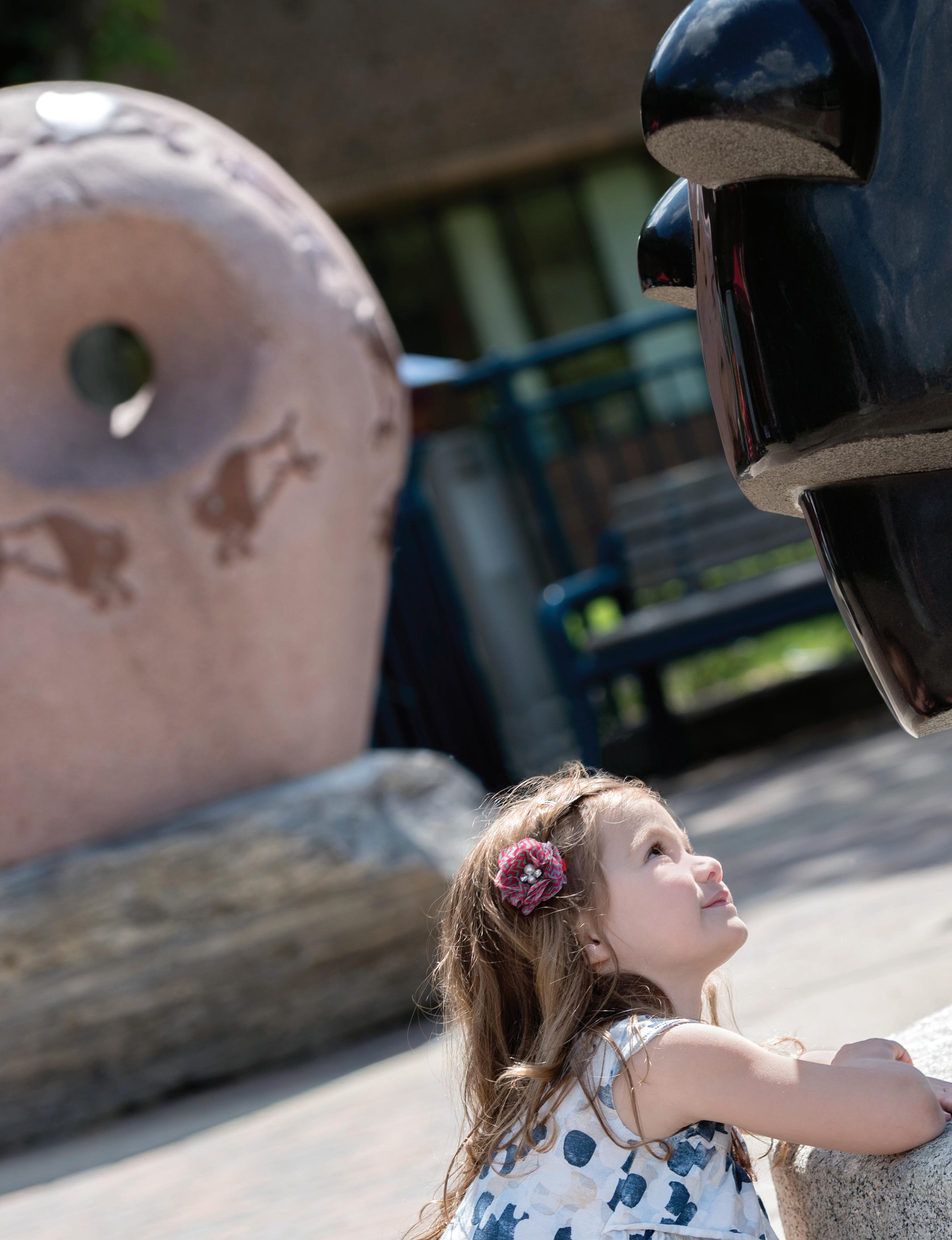
IT’S NO SECRET: art is a fundamental part of our city’s narrative. Not only does it beautify our public spaces, it tells the story of our history and of the people who have shaped it. St. Albert has been commissioning and collecting public art since the 1970s, and today, more than 250 pieces make up the City’s collection. From murals and sculptures to fountains and benches, here are a few to take note of when strolling the city. Take a look.
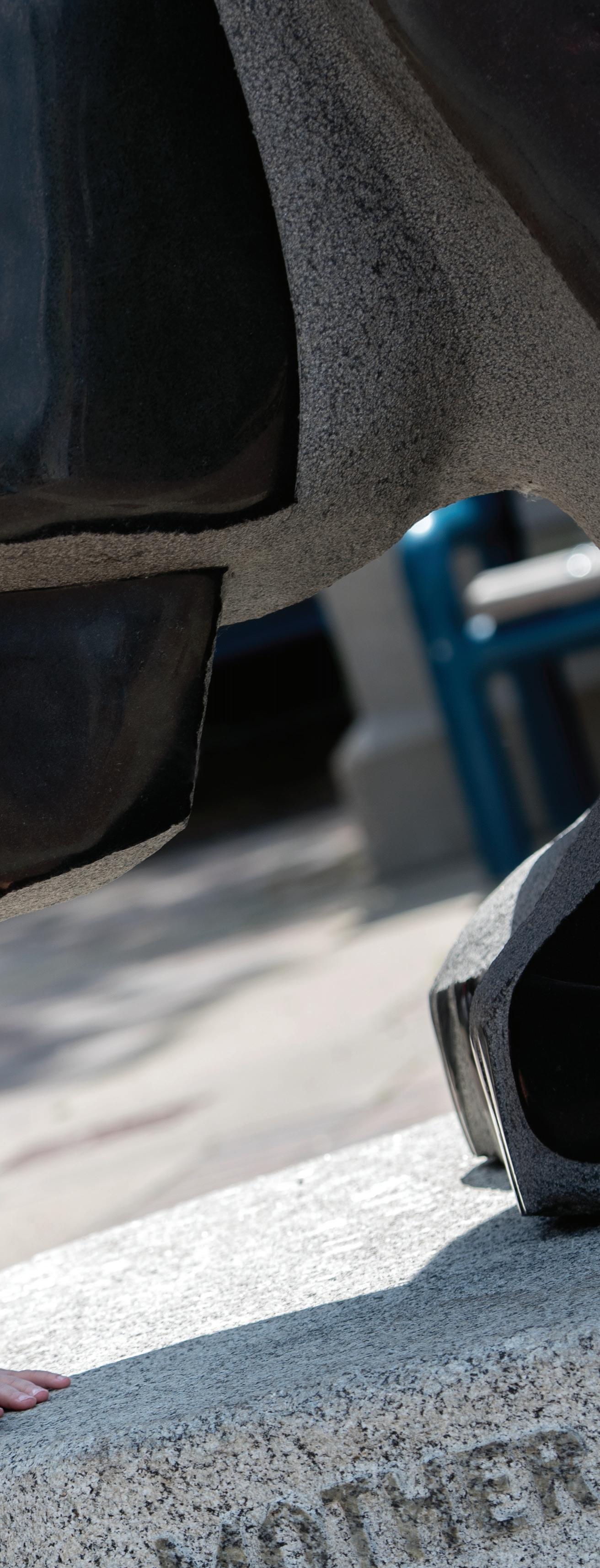
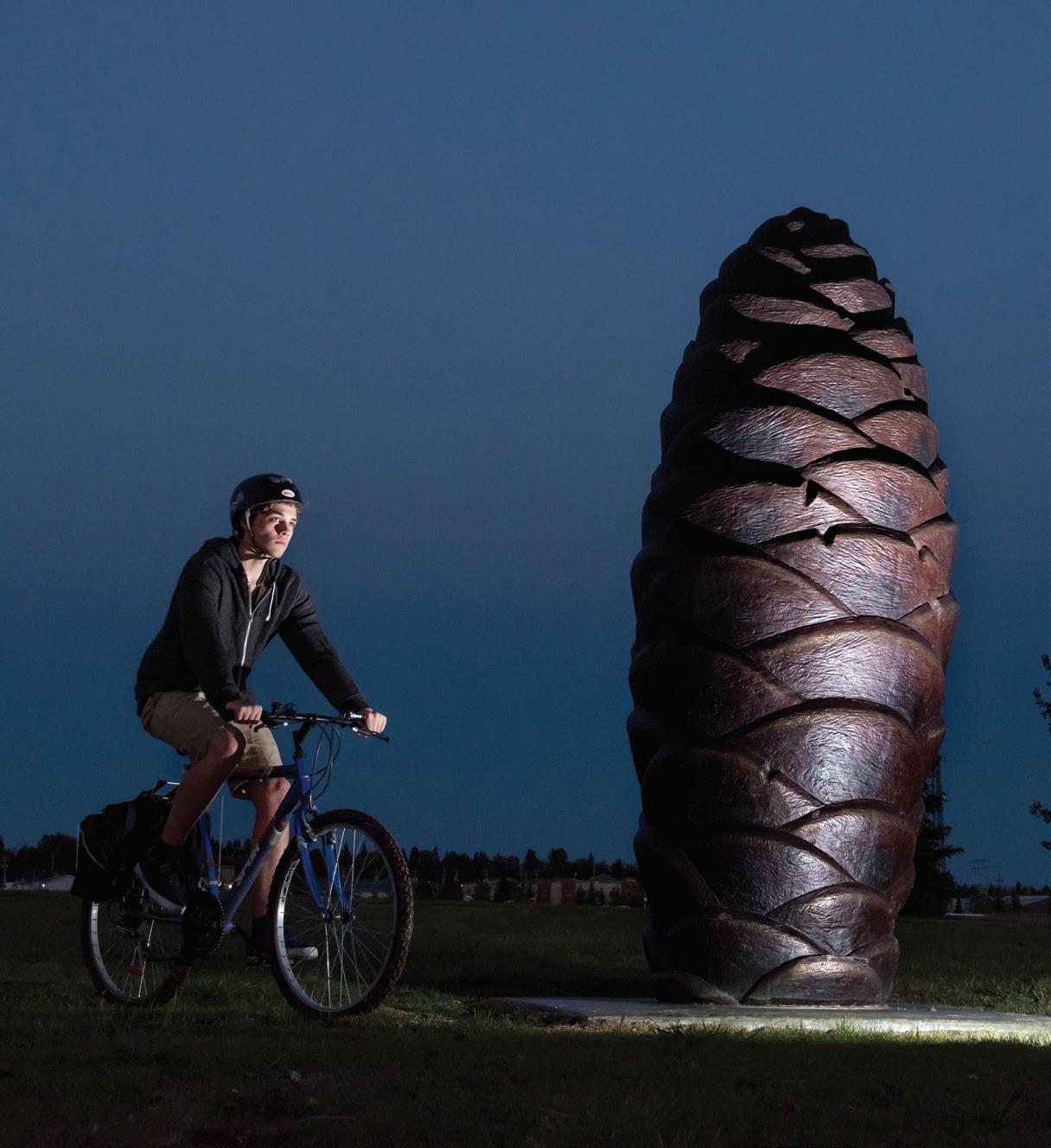
TheCity,togetherwith itsPublicArtAdvisory Committee,islooking toexpanditspublicart collection and to move itbeyondthedowntown toparksandrecreation facilities.
The bronze sculptures and statues in the front plaza of St. Albert Place are probably the most well-known and loved pieces of public art in the city. Hide & Seek, the whimsical sculpture of a little boy and his leashed dog tangled around a bench, is St. Albert’s first Art in Public Spaces artwork (1994), designed to make people smile. In fact, the piece is so popular that the hair-like texture on the dog’s back is smoothing out from all the pats he gets from fascinated children. Internationally renowned artist Barbara Paterson created this as well as The Famous Five (in Calgary and Ottawa), which was featured on Canada’s previous $50 bill.
The newer statue on the plaza, Legacy of Love & Learning, is a tribute to one of our most-known and beloved citizens: Lois Hole. The statue depicts Hole (gardener, author and Alberta’s 15th Lieutenant Governor) with a little girl who is clutching a book. Paterson, a long-time friend of Hole, said she wanted to create a tribute that showed her friend’s love of children and learning. And as with most of the artist’s sculptures, a dog makes an appearance in this one, too—the little girl’s ponytails are dog-shaped. The statue will eventually be moved to Lois Hole Centennial Provincial Park.
The artworks in Celebration Garden are diverse, beautiful and functional—a bench, fountain and gazebo among them. The
most recent sculpture, titled Millie Seitz, Volunteer Appreciation, arrived in 2011 as a tribute to the volunteer community and to commemorate St. Albert’s 150th anniversary. Seitz dedicated much of her life to volunteering in St. Albert, and she was pivotal in leading the Garden’s development.
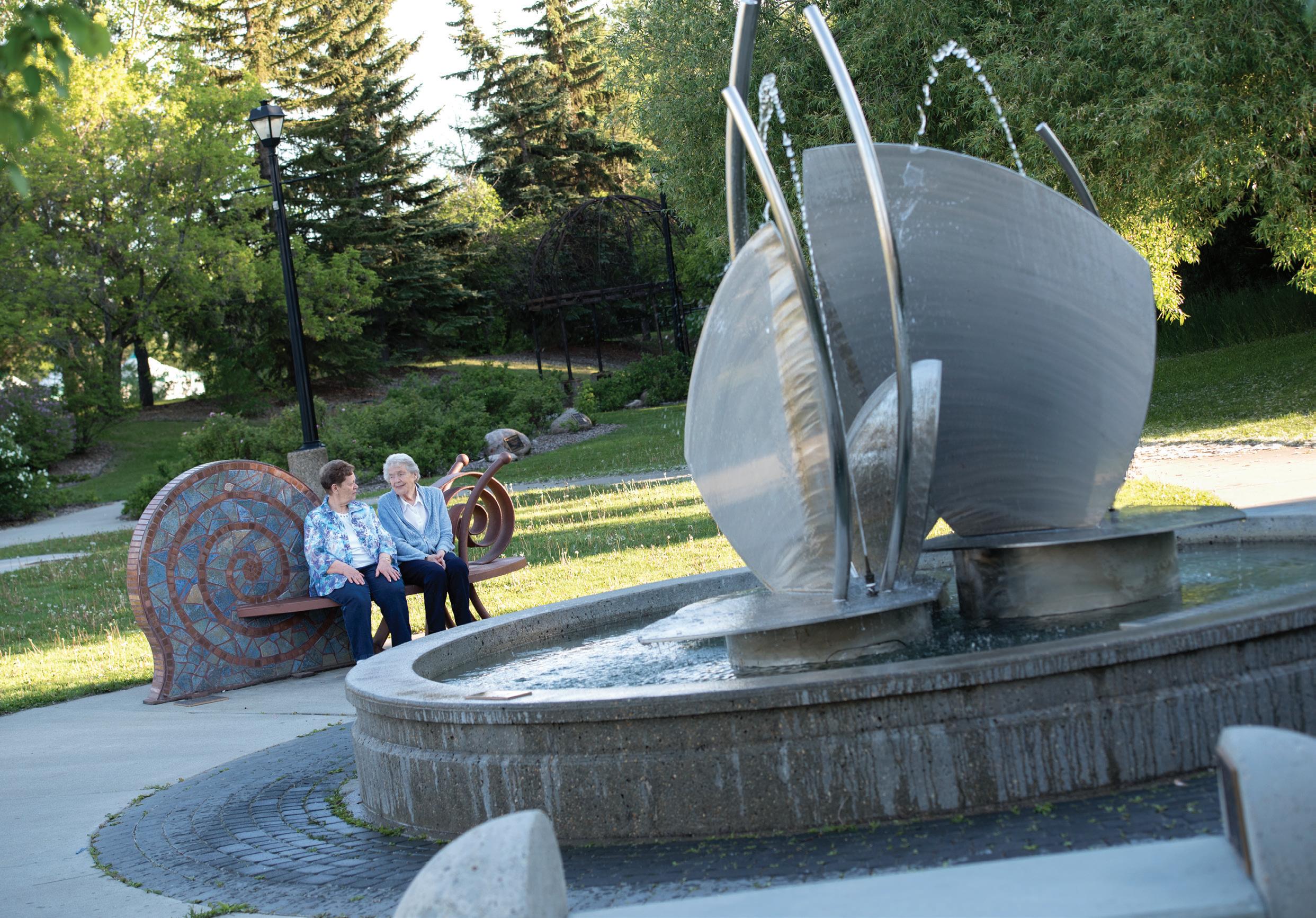
The other artworks in the Garden were donated to mark the International Year of Older Persons and are an example of how some public art comes to exist in the City—via community organizations and individuals.
Artist Stewart Steinhauer always wanted one or more of his five granite sculptures to be placed near St. Albert Place, and his wish came true when the City bought the collection in 2010. Each sculpture references -stories passed down by the people of St. Albert before settlers arrived. Look for Mother Bear Prays for Earth Healing, Mother Earth Circling Buffalo, Buffalo Mountain, Star Woman and Red Thunder’s Gift.
The City, together with its Public Art Advisory Committee, is looking to expand its public art collection and to move it beyond the downtown to parks and recreation facilities. Whether downtown or enjoying one of the city neighbourhoods, residents are invited to celebrate the art wherever they find it. t8n
Art isn’t always at eye level, as evidenced by the Healthy Communities mural that hangs above San Remo restaurant on Perron Street. The acrylic on panel mural by artist Bella Totino-Busby’s was commissioned to highlight various aspects of healthy living. Despite being more than 20 years old (at least five years past its expected lifespan), it remains in excellent condition.
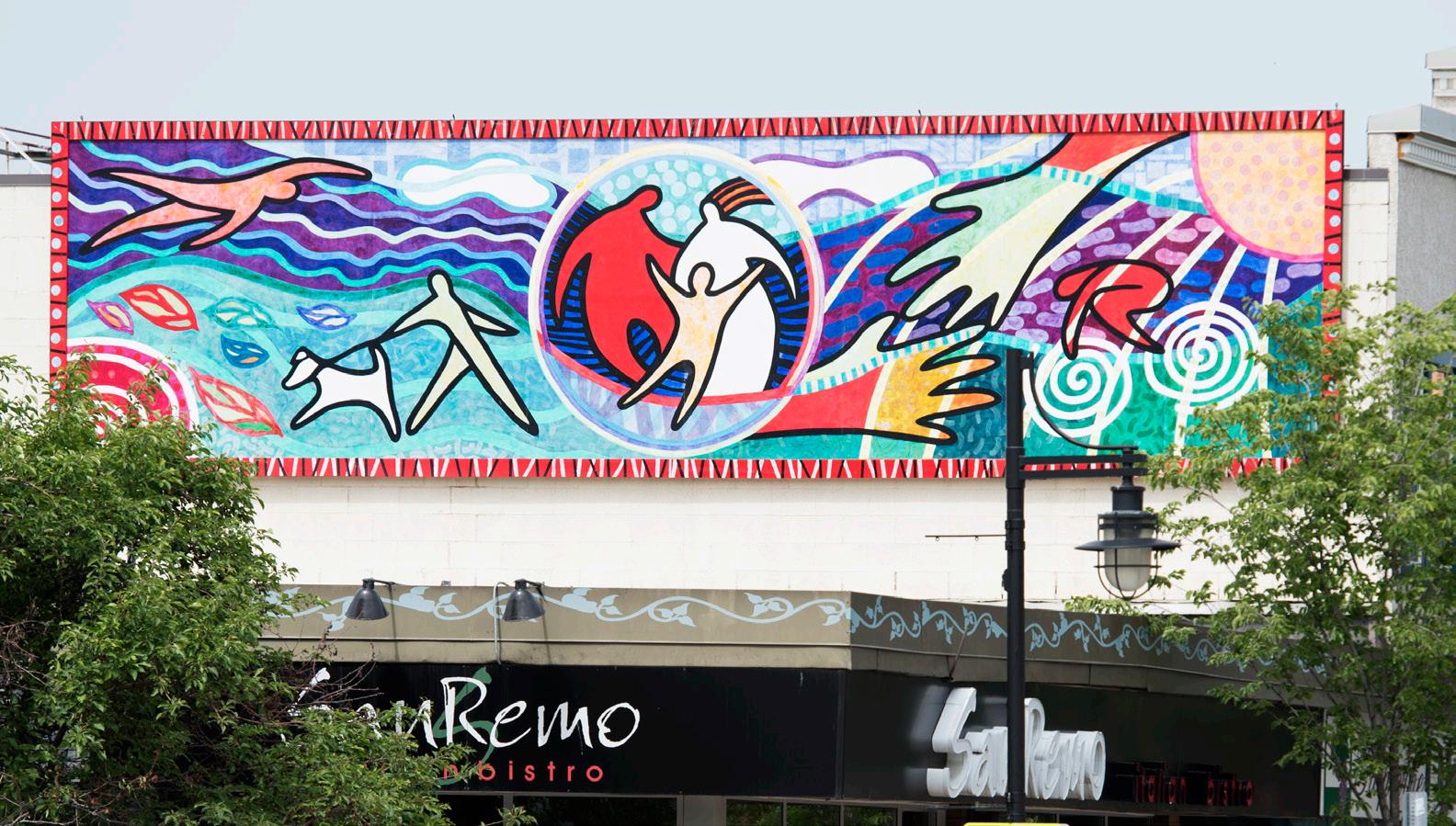

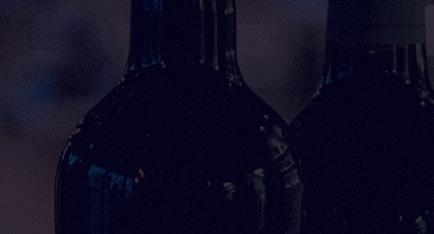

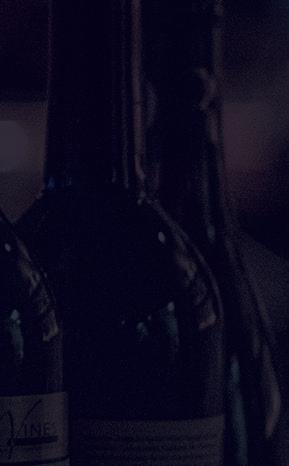

Since outdoor public art has to withstand the Alberta elements year round, the City is developing new techniques for sustaining and extending the life of our outdoor murals. They include using changeable framing systems, water diversion and updated printing techniques.
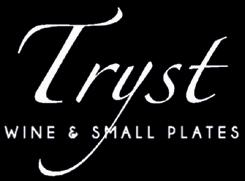
The City funds art in public spaces through its One Percent for Art policy, where one percent of the cost of eligible capital projects is retained for the purchase of public art.


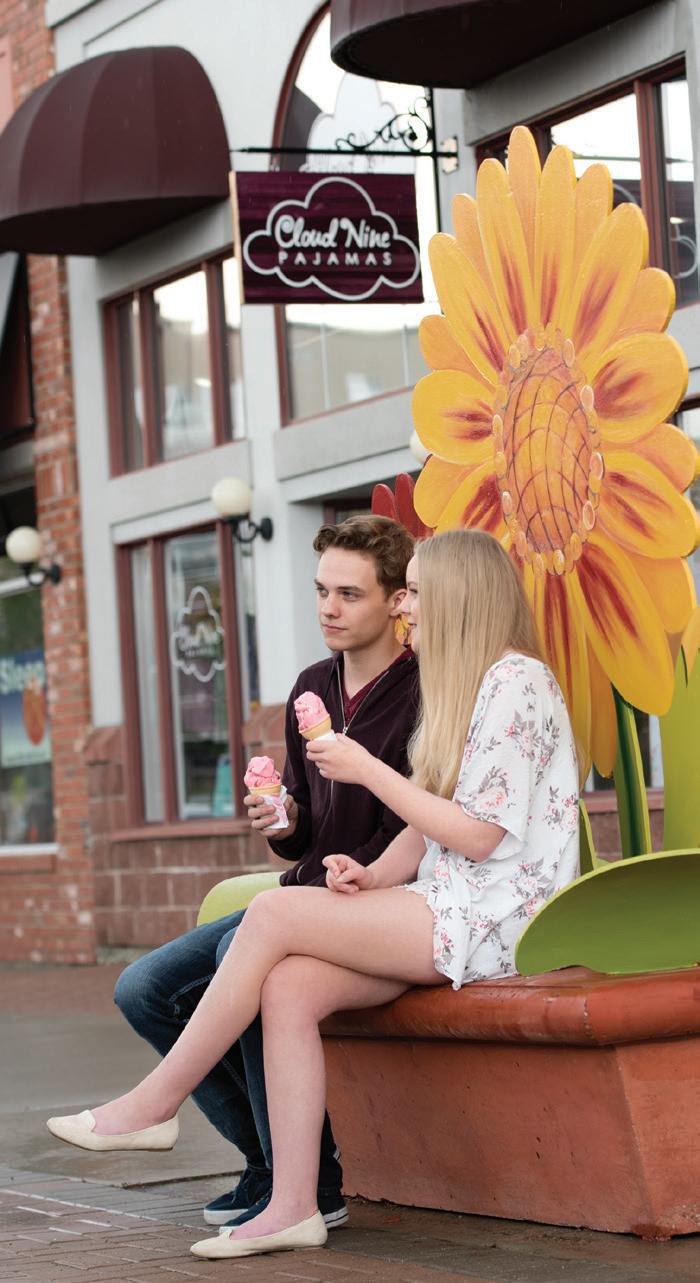
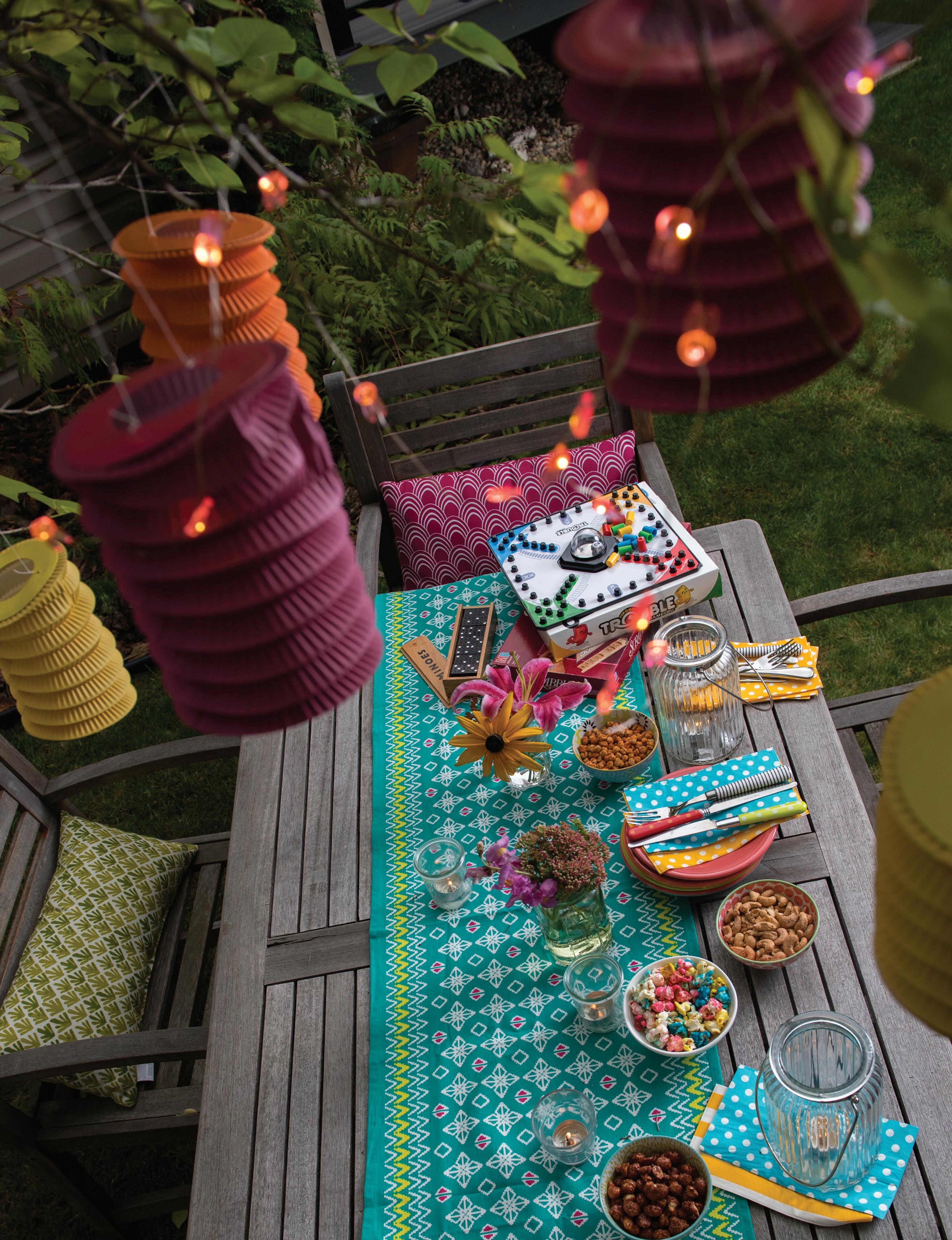 BY
BY
BUYING LOCALLY IS ideal for not only the economy but your family as well. This summer, take advantage of what’s available from the local merchants who’ll be showcasing their edible wares at select farmers’ markets in the region. But don’t stop there. Try some of the recipes listed below using those items to taste what a difference local produce and other foods brings to the table.
Here’s an appetizer to get that patio party going.
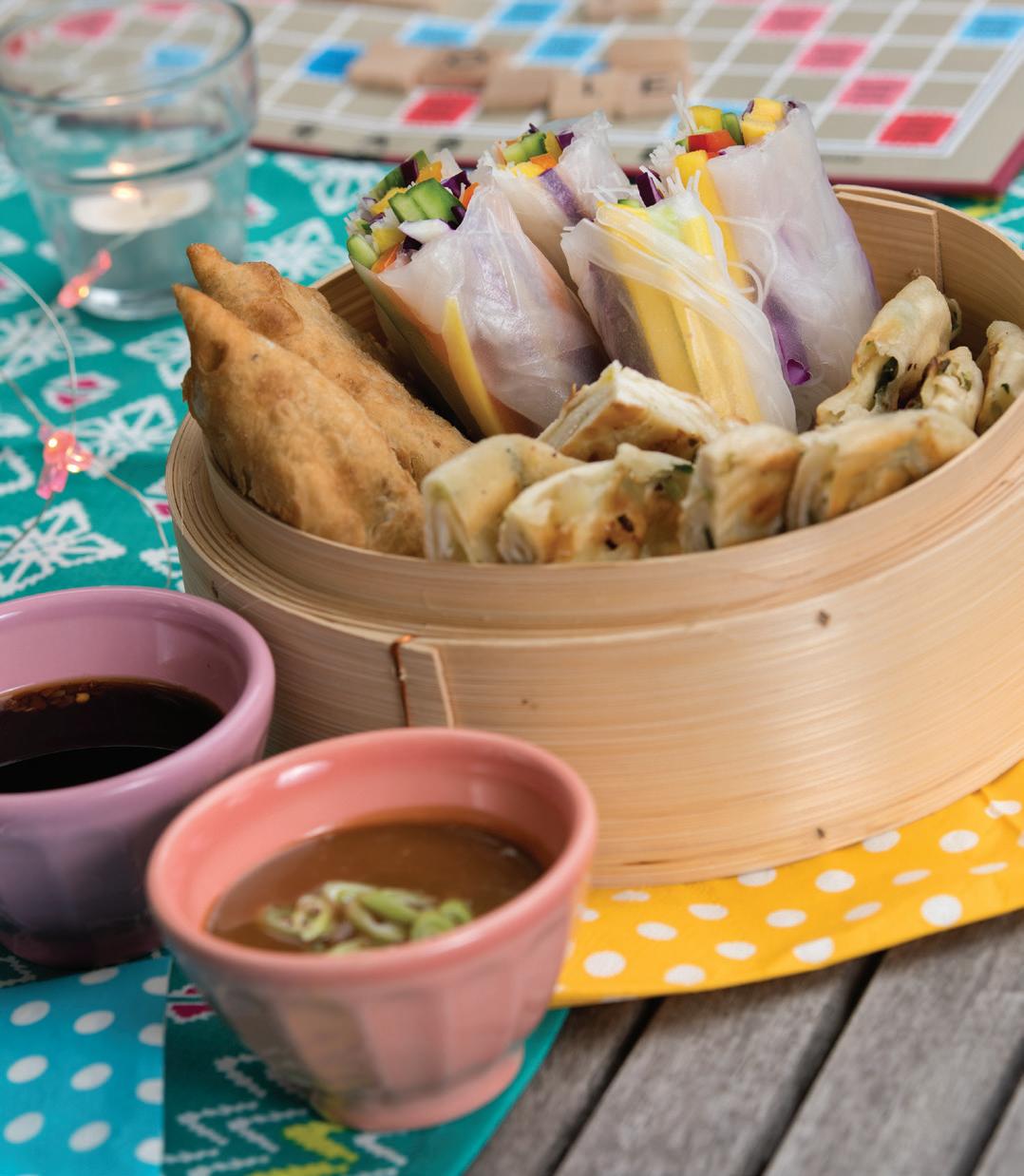

kohlrabi, red cabbage, peppers, carrots, cilantro
Matchstick all the vegetables, mix together and add to a bowl. Put a dollop of tzatziki in the corner, add the falafel patties and garnish with cilantro and pita wedges.
This creamy dip is cool and refreshing on a hot summer day.
+Also try this with pita bread from Happy Camel and, homemade slaw with fresh veggies from Peas On Earth and Kuhlmann’s.
3 mini cucumbers, shredded and drained
3/4c. greek yogurt
1 tsp. salt
1 tsp. pepper
1 tsp. fresh dill (more if dill is a favourite flavour)
+This dip also goes great with pita bread.
Combine all ingredients together in a bowl. Refrigerate until ready to serve.
Here’s a new take on a popular Vietnamese treat.
Rice paper wrappers
Rice stick (vermicelli) noodles
Fresh cilantro
1-2 carrots, peeled and julienned or matchstick pieces
1 mango, peeled and julienned
1 pepper, julienned
Pair green onion cakes from The Green Onion Cake Man with homemade salad rolls.
1 cucumber, julienned chopped cashews or peanuts(optional)
Soak noodles in hot water for approximately 10 minutes, drain and rinse with cold water, set aside.
Rice paper wrappers soak in warm water until soft and rollable. Set up on a cutting board an assembly line like array of all your ingredients.

Place your soaked wrapper on a dry dish towel or a few paper towels, pat dry the top. In the middle of the wrapper put some noodles, a few of each of the chosen vegetables/fruit, a sprinkle of nuts and some fresh cilantro. Fold the bottom and the top in and roll up as if it was a burrito. Serve as a whole roll or cut in half.
While finishing up the remainder of the rolls, keep the made ones soft by covering with a damp paper towel.
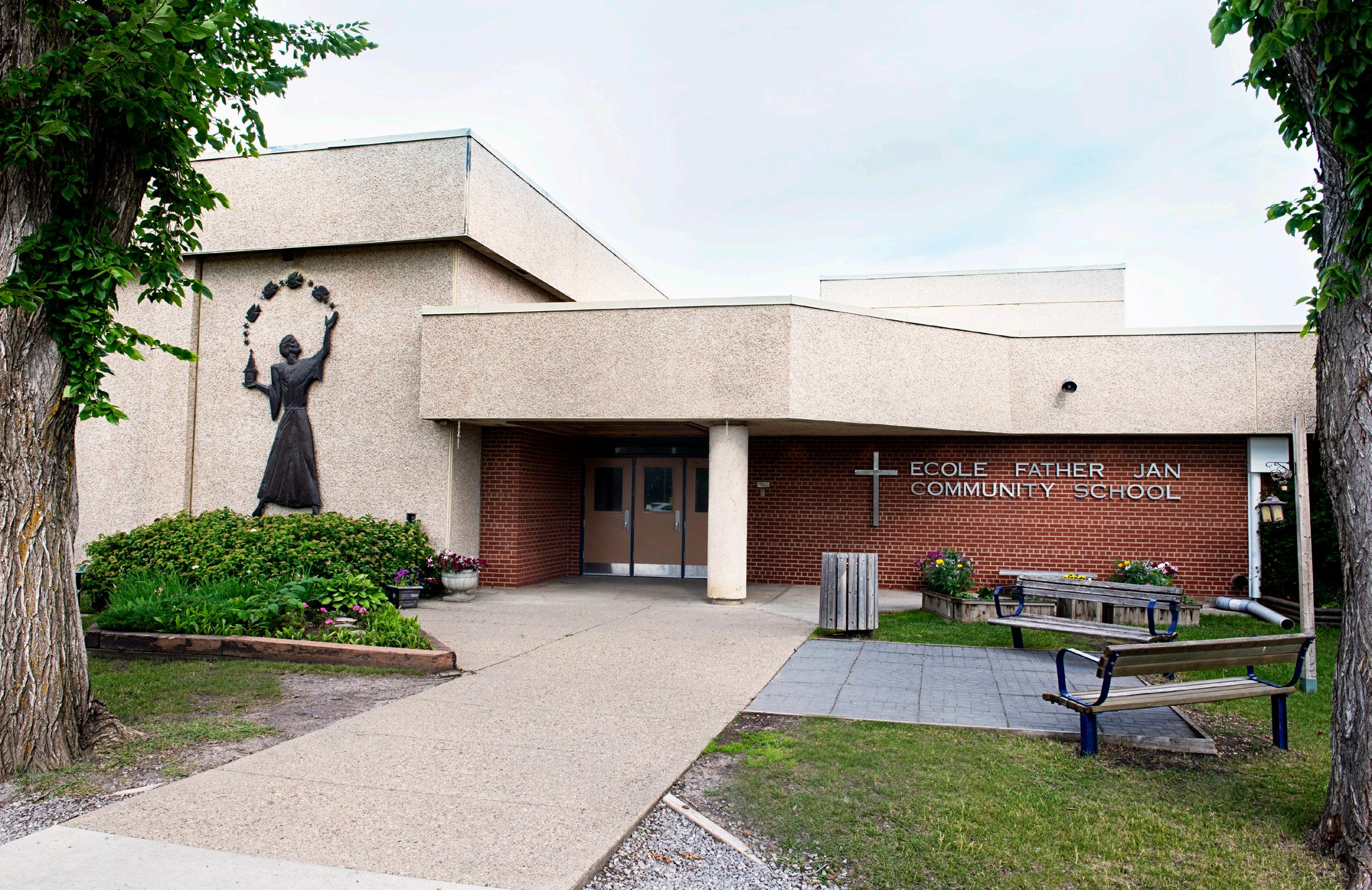
FOR NEARLY SEVEN DECADES , École Father Jan has witnessed St. Albert evolve from a town to a city, endured countless economic booms and busts and withstood a global pandemic. However, age caught up with the venerable school, which shut down at the end of June with a wrecking ball destined to seal its fate. This update of our École Father Jan profile, originally published in September, 2018, chronicles its timeline of helping to address the city’s educational needs.
BY: MARKWELL LYON & GENE KOSOWANThe decision marked a sad ending for the K-6 French Immersion school on Mission Avenue ...
In 1946, the four classrooms of the aging Father Mérer School were bursting at the seams with young pupils. Alberta’s Social Credit government, led by Ernest Manning, decided that the town of St. Albert needed a second school. Work soon began on a new two-room, white-stucco schoolhouse on Mission Hill. When it opened in 1948 for Grades 1 and 2, the school took the name of Father Jan Alphonse, St. Albert’s former parish priest from 1926 to 1930.
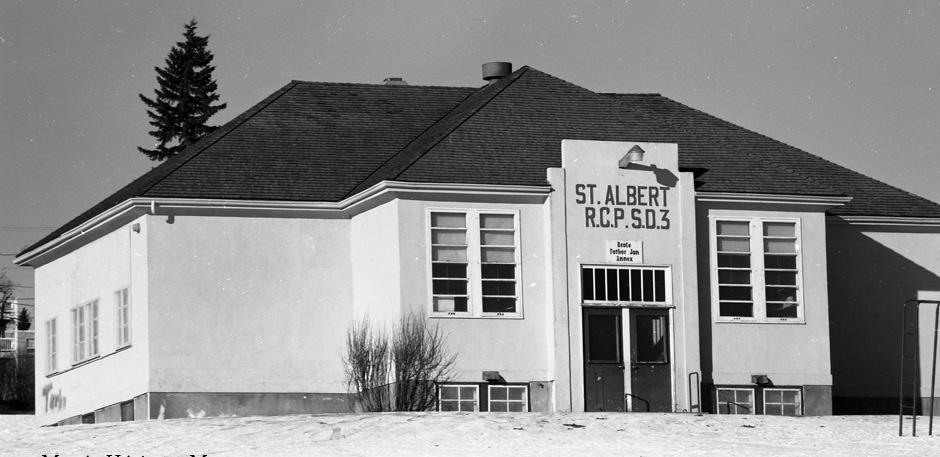
Now, if this doesn’t sound like the École Father Jan we know today, that’s because it wasn’t. The original Father Jan was actually the Little White School, the first in a series of schools built as St. Albert’s post-war population surged in the 1950s. Halfway through the decade, crews filled in a pond at the bottom of Mission Hill and work began on another new school. When it opened in 1956, this building—which would eventually become EFJ—was actually St. Albert’s first high school.
The search for space to accommodate a booming student population was a continuous theme for many years. By the mid-’60s, St. Albert High was being used to house elementary students from the Mission Park area alongside its secondary grades (9 to 12). Before long, a new high school went up a few blocks away on Malmo Avenue. From 1968 onward, folks recognized the school on Mission Avenue as Father Jan School. Besides its population of curious kids, by the end of the 1960s, École Father Jan was also home to a small menagerie of animals. Students raised more than $15 to buy a squirrel monkey to join the two tanks of fish, two gerbils, and a rabbit already at the school. Every weekend, a draw picked a student to take the monkey home for a couple of days.
At this point, École Father Jan got into show business for a short time. In the early 1970s, the school showed family movies on Saturday afternoons in the gym, and a concession sold Happy Pop and popcorn. The movies were part of an initiative called “Kincinema,” organized by the local Kinsmen along with the library and school board, as St. Albert still lacked a cinema. Despite these fun times, and even the addition of junior high grades, a demographic reality surfaced. The outward growth of St. Albert meant there were no longer enough young students left near Mission Park to form a school. Fortunately, a French Immersion experiment saved the day. Begun as a kindergarten and grade one program in 1978, the French program gradually expanded, and by 1979, the program had 190 registered students compared with just 69 Anglophone students. That year, the school board announced that the school would go full French Immersion starting in 1980.
French immersion wasn’t the only hallmark that defined École Father Jan. In 2008, the place garnered headlines for being the first school in Canada to facilitate an electronic playground courtesy of gear supplied by Denmark-based company
PlayWorks. Such installations as a multi-seated seesaw and climbing wall sported LED lights and mechanical noises to add an interactive element that attracted the young students. Its student body continued to climb as well. Under Principal Penny Baragar-Brcic, the 2017-18 year kicked off with 316 students enrolled, and the school welcomed 13 new families to its elementary grades. Besides its core French Immersion program, the school offered full- and half-day kindergarten, access to the Greater St. Albert Sports Academy (Grades 4 to 6), and retreats for every grade, among other programs.
Like all schools affected by the provincial government’s directive to shut down operations in response to the COVID-19 pandemic, in March, 2020 École Father Jan closed its doors for the remainder of the school year. It reopened in September for three months until another wave of infections ran rampant, prompting the government to introduce distance learning in January, 2021. In-person instruction returned to start the 2021-2022 school year with conditions finally returning to normal once the government lifted all COVID-19 restrictions in March, 2022. While a handful of schools in St. Albert reported outbreaks during those two years, fortunately, École Father Jan wasn’t one of them.
What eventually forced École Father Jan to cease operations, however, was the deteriorating state of the school, with funding unable to cover all of its necessary maintenance costs. In 2023, trustees at Greater St. Albert Catholic Schools unanimously voted to shut down the school, which would eventually be demolished. Its Kindergarten to Grade 4 base would transfer over to École Marie Poburan in September, with its Grade 5 and 6 students moving to École Secondaire Ste. Marguerite d’Youville.
The decision marked a sad ending for the K-6 French Immersion school on Mission Avenue, which had a frontrow seat to St. Albert’s transformation from sleepy riverside community to Alberta’s fifth-largest city. t8n
SUMMERS IN CANADA are never quite long enough, but part of being Canadian is knowing how to make the most of this brief, beautiful season. Perhaps this explains the surging popularity of spray parks across the country. St. Albert’s Woodlands Water Play Park is open for only four months of the year, but in that time, it manages to attract a staggering number of guests. Families have been coming to the play park for nearly 30 years now, looking for (and finding) ways to enjoy those hot summer days together. The city’s Recreation & Parks Department has been working behind the scenes that entire time to keep the park safe, free and fun for all visitors.
When Woodlands Water Play Park opened in 1995, it was the first of its kind in western Canada. While its popularity has inspired the construction of many similar spray parks over the years, this has done nothing to slow the popularity of the original park. To this day, guests continue to flock to the banks of the Sturgeon River from all over the region. The park’s first decade of operation was, if anything, a little too successful. The park’s mechanical systems began to break down over the strain of such heavy use, and during the summer of 2006, the park shut down for some much-needed renovations. The year of closure didn’t hurt the play park’s guest numbers at all; the first two months back in operation saw over 17,000 people pass through its gates.
Part of Woodlands Water Play Park’s enduring appeal is the amount of safety features built into its design. Parents are able to rest easy and enjoy the sun, knowing that their kids can’t get into too much trouble on the park grounds. First among these safety features is the fence that completely encloses the park. Young children can’t wander off into the surrounding parkland, and if they do get out of sight for a moment, parents will know that they can’t have gone far.
During construction, the aesthetic theme of Woodlands Water Play Park was put to a community vote. The iconic medieval theme won hands down, beating both the small-town and cowboy themes that were also considered.

The play park is also divided into three age-appropriate sections so that older children can run and leap about to their heart’s content without the risk that they’ll bowl over any of the younger guests. But if any of the more boisterous children do manage to hurt themselves, there are city supervisors on site, ready to deliver first-aid treatment as soon as it’s needed.
In addition to these safety features, Woodlands boasts many useful amenities that continue to set it apart from similar parks in the region. There are washrooms and change rooms on site, as well as a fully stocked concession stand. And for those who’ve had enough splashing, but not enough of the sunny day, the grounds also include a dry park, as well as a large grassy area perfect for an afternoon picnic.
The next time that the summer gets a little bit too hot, consider heading to St. Albert’s spray park instead of retreating into the coolness of the basement. The basement will be around all year, but these sunny days need to be enjoyed while they last. t8n
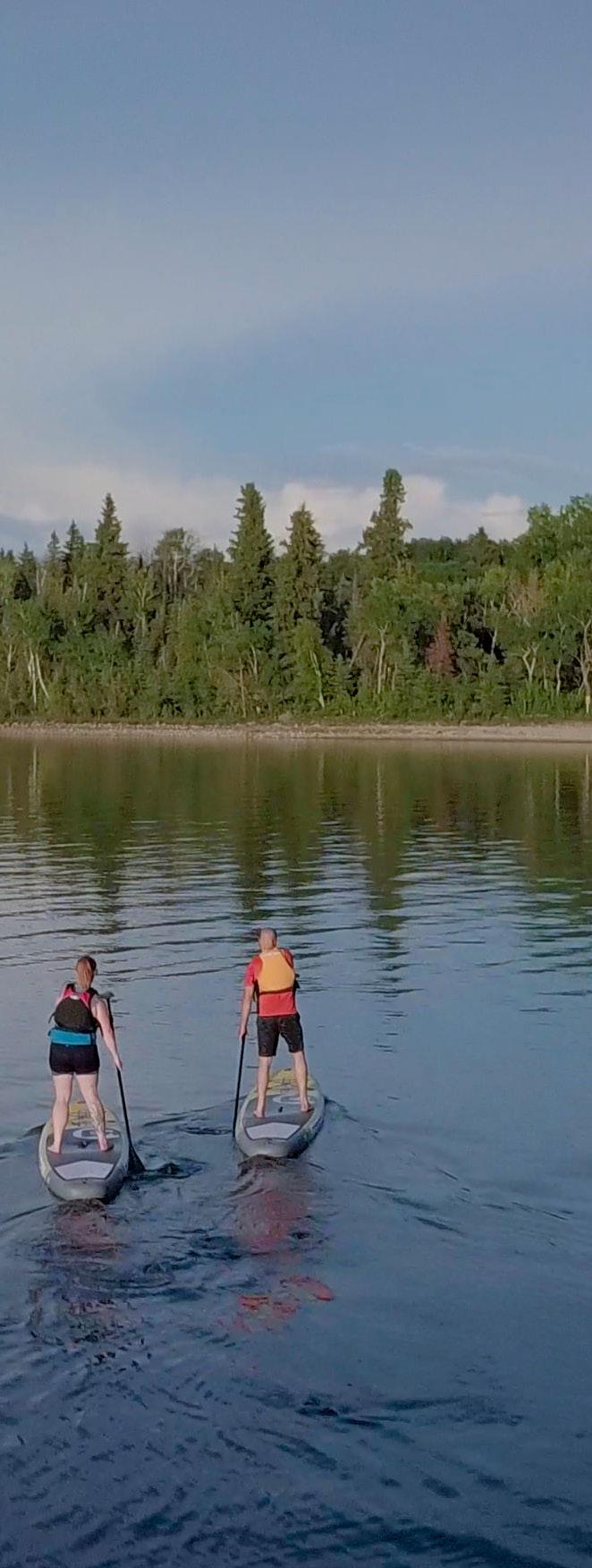
DID YOU KNOW?
Being the first of its kind in the province, Woodlands Water Play Park had no health or safety regulations to guide its construction. The park’s improvised health and safety features were so successful, however, that Woodlands became the official model for all future spray parks in Alberta.
Woodlands Water Spray Park
165 Sturgeon Road
Open 9:45 a.m.- 8:15 p.m., free admission
Water features on 10 a.m.- 8 p.m. (weather permitting)
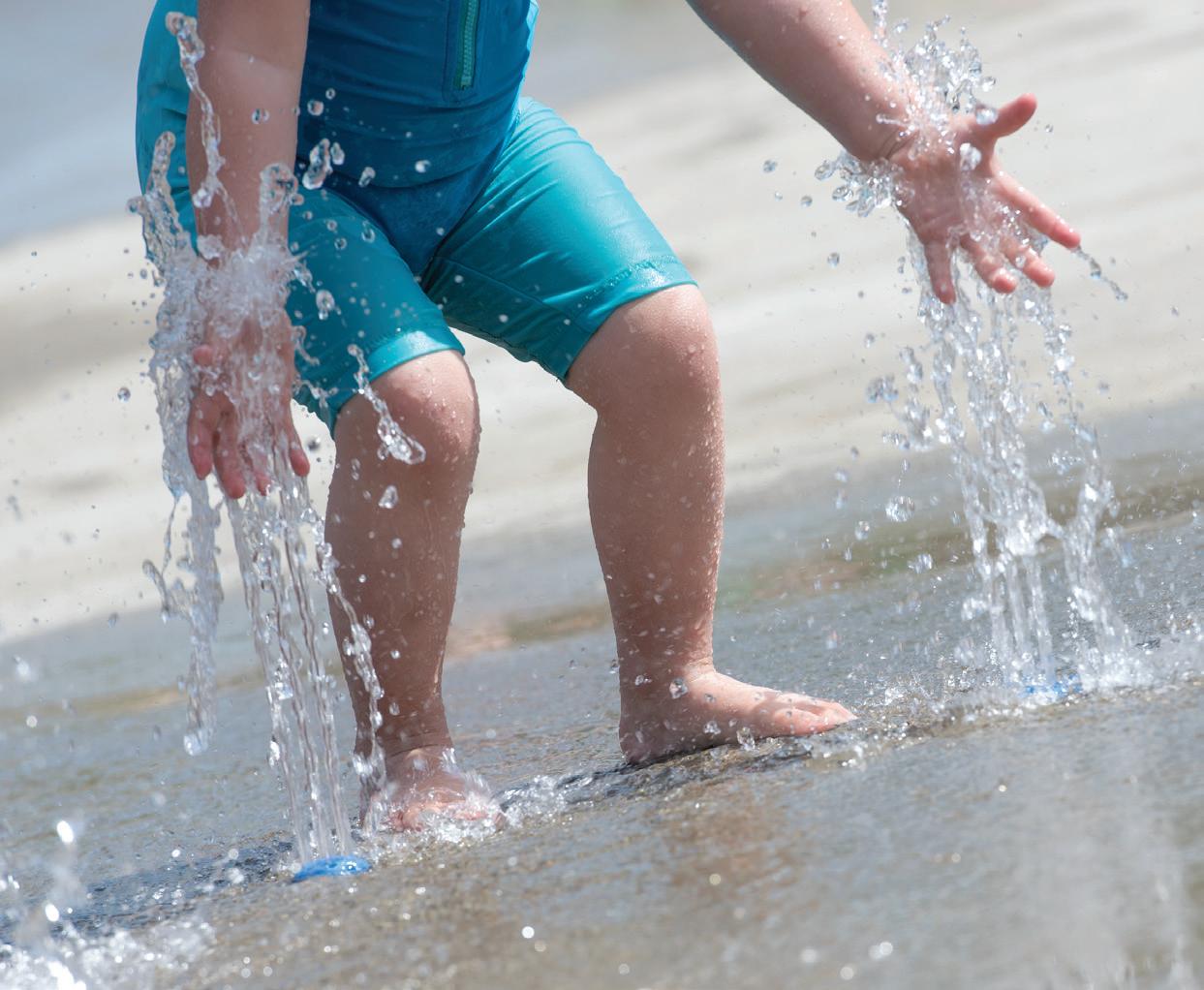
152 lakes. 21 campgrounds. All that’s missing is you.




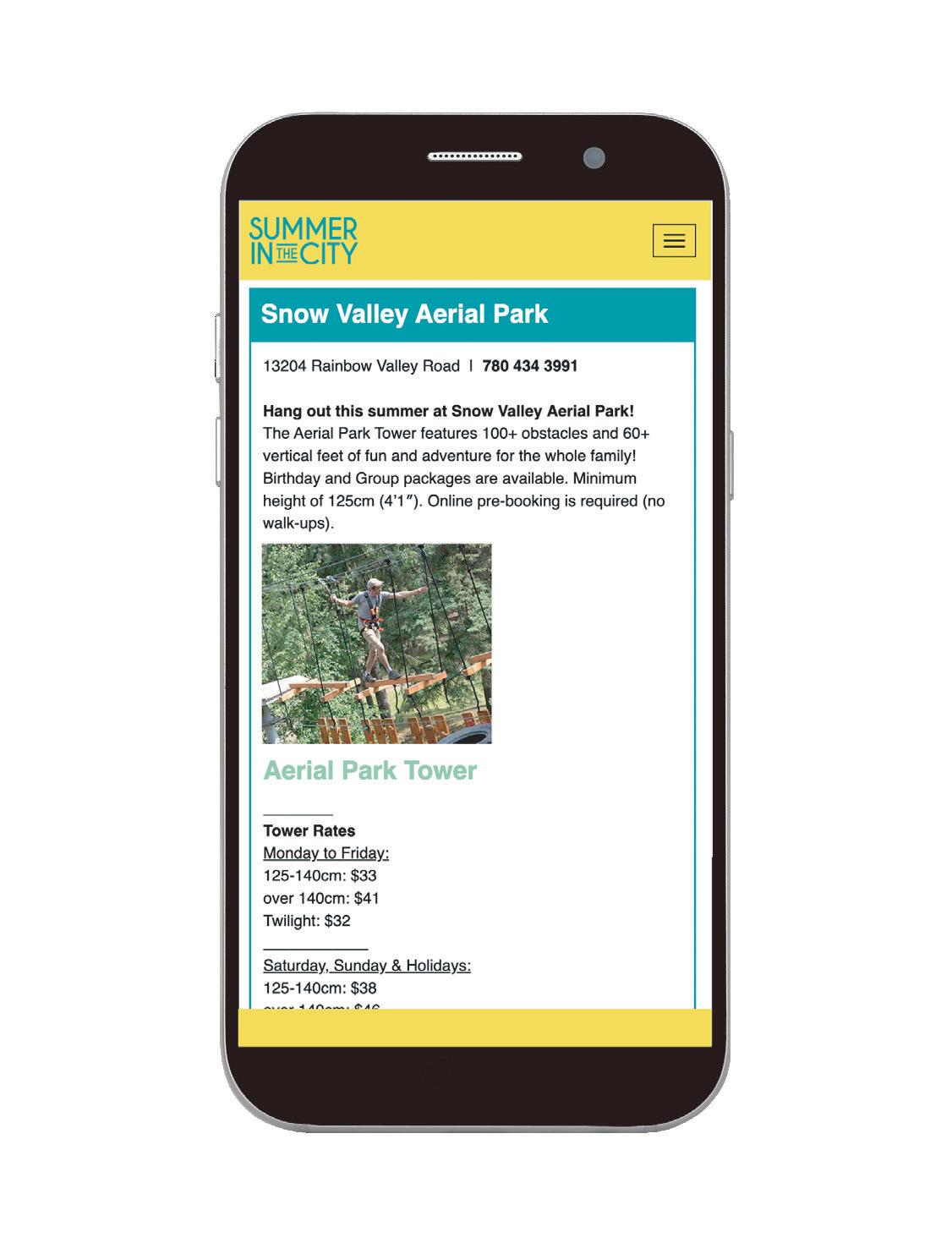

SITUATED WEST OF Edmonton on Highway 16, Wagner Natural Area is a provincial nature reserve that’s home to an abundance of wildlife and biodiversity that connects its visitors to the beauty of Alberta’s natural habitats. Spanning more than 250 hectares and hosting a scenic 1.5 km walking trail, it exists to conserve all that biological diversity for scientific, educational, and research purposes.
“We’re proud that we can share the area with the broader community, said David Ealey, President of the Wagner Natural Area Society, “and they can recognize that there is something special about it.”
What makes Wagner Natural Area so special is its fens–a type of wetland that forms when groundwater rises to the surface–giving the area a strong source of water and nutrients. Fens represent a small sample of Alberta’s boreal forest, and they exist due to the aquifers formed
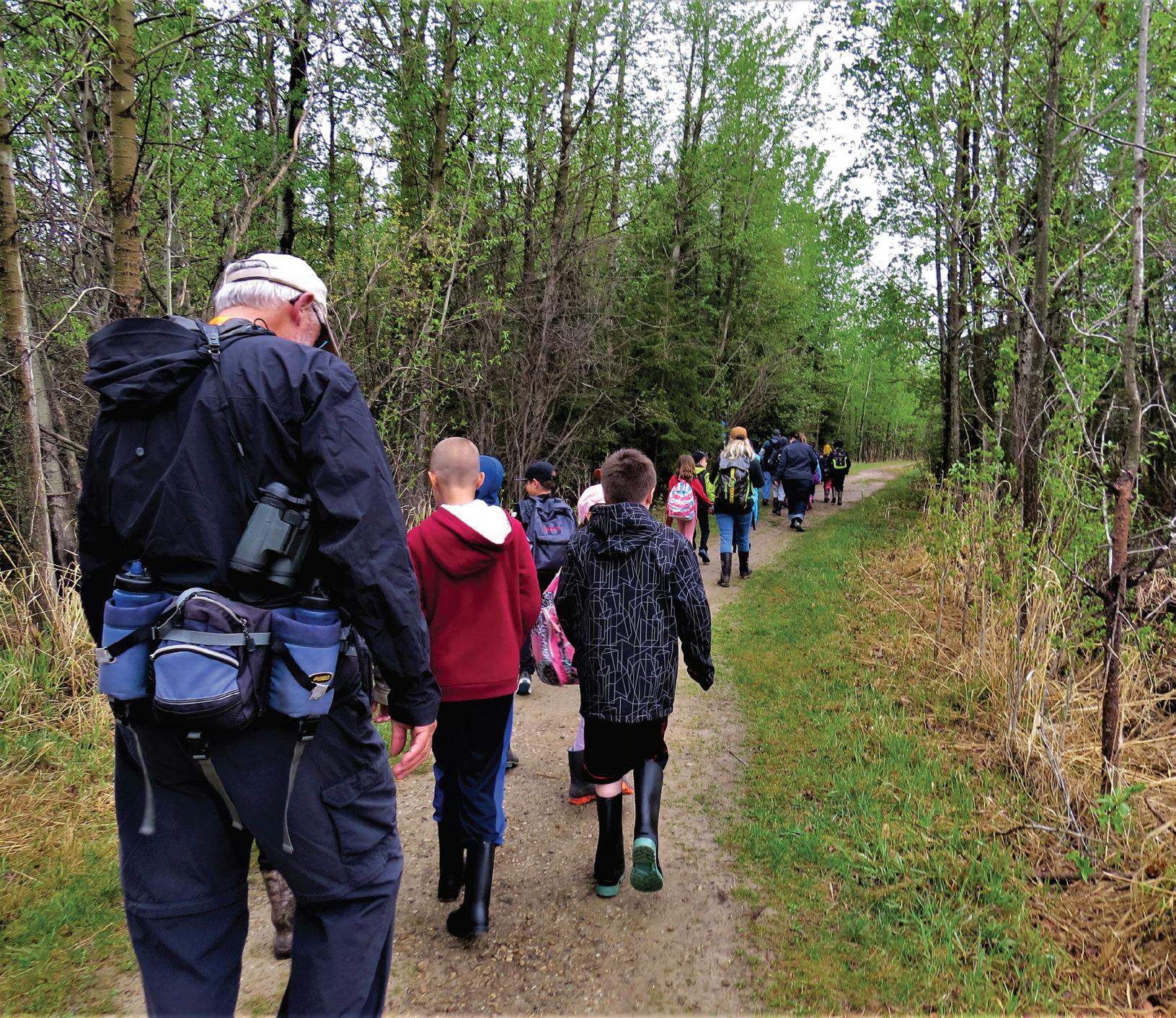
during the last ice age, over 10,000 years ago. Those aquifers allow groundwater to flow underground, which in turn seeps downhill into St. Albert’s Big Lake.
The Marl Pond walking trail is open for visitors, but because of the wetland area, the trail can become incredibly wet and filled with mosquitoes. Waterproof footwear and insect repellant are highly recommended. Along the trail, you’re likely to see a variety of wildlife such as willow swamps, black spruce forests, and marl ponds themselves.
“The wetland provides suitable conditions for the growth of a lot of different vegetation, which is epitomized by our orchids,” says Ealey. The area hosts 16 of Alberta’s 24 orchid species–including lady’s slipper and the rare bog adder’s mouth–as well as marsh marigolds, sundews, and butterworts.
Bird watchers can have a field day observing such species as the ruby-crowned kinglet, tree swallow, and yellow warbler known to be found in the area around this time of year. Because of the area’s proximity to the surrounding communities, large mammals from beavers and coyotes to white-tailed deer and even moose are harder to come across.
Wagner Natural Area was originally discovered by naturalists in the 1940s and was later named after property owner William Wagner, who gave the original parcel of land to the provincial government for protection in 1975. Supervising the natural area is the Wagner Natural Area Society, which was created in 1982 under the Alberta Government’s Societies Act to protect the biological and physical wellbeing of the park.
In 1986, the society joined the Alberta Government’s Volunteer Stewards program. These volunteers maintain exceptional park conditions and foster a commitment to conservation for the park. The society functions to coordinate special events in the natural area, such as guided tours for elementary schools, academic research studies for summer students, and hosting Junior Forest Wardens to help evaluate the growth of the park. According to Ealey, several thousand visitors annually flock to Wagner Natural Area to experience the array of family-friendly events and wildlife. “We have different visitors for different reasons, and people add so much to their personal wellbeing by being able to connect with a natural area that is special, that is cared for, and that is interesting to experience.” t8n
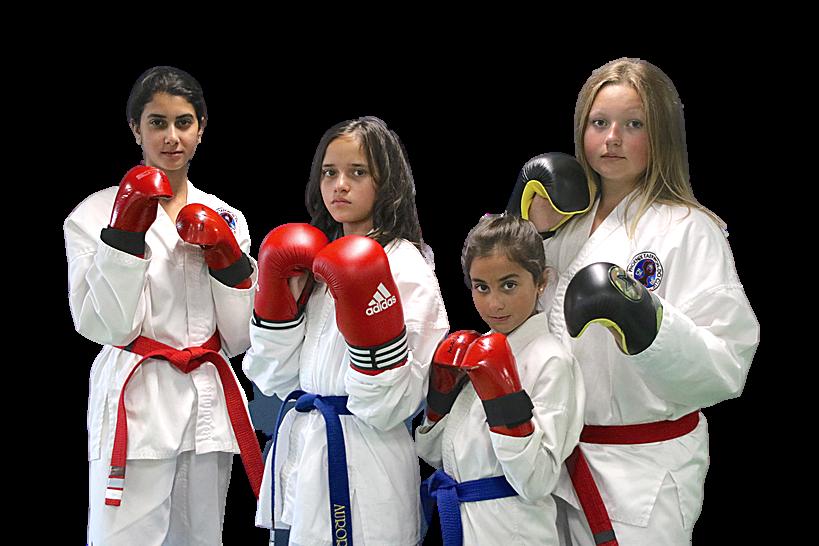
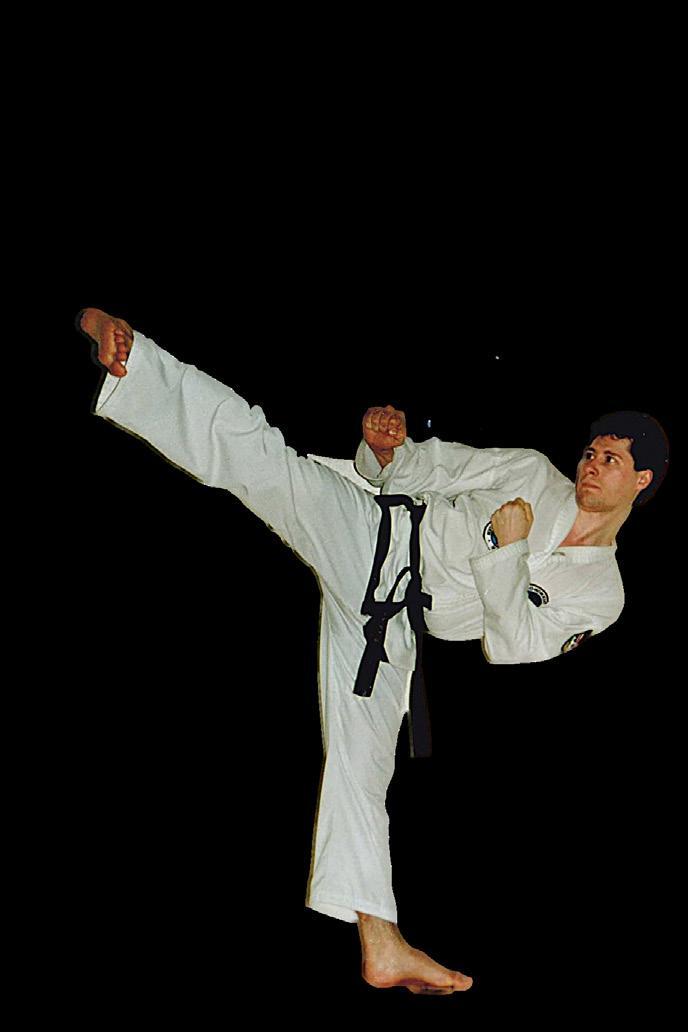
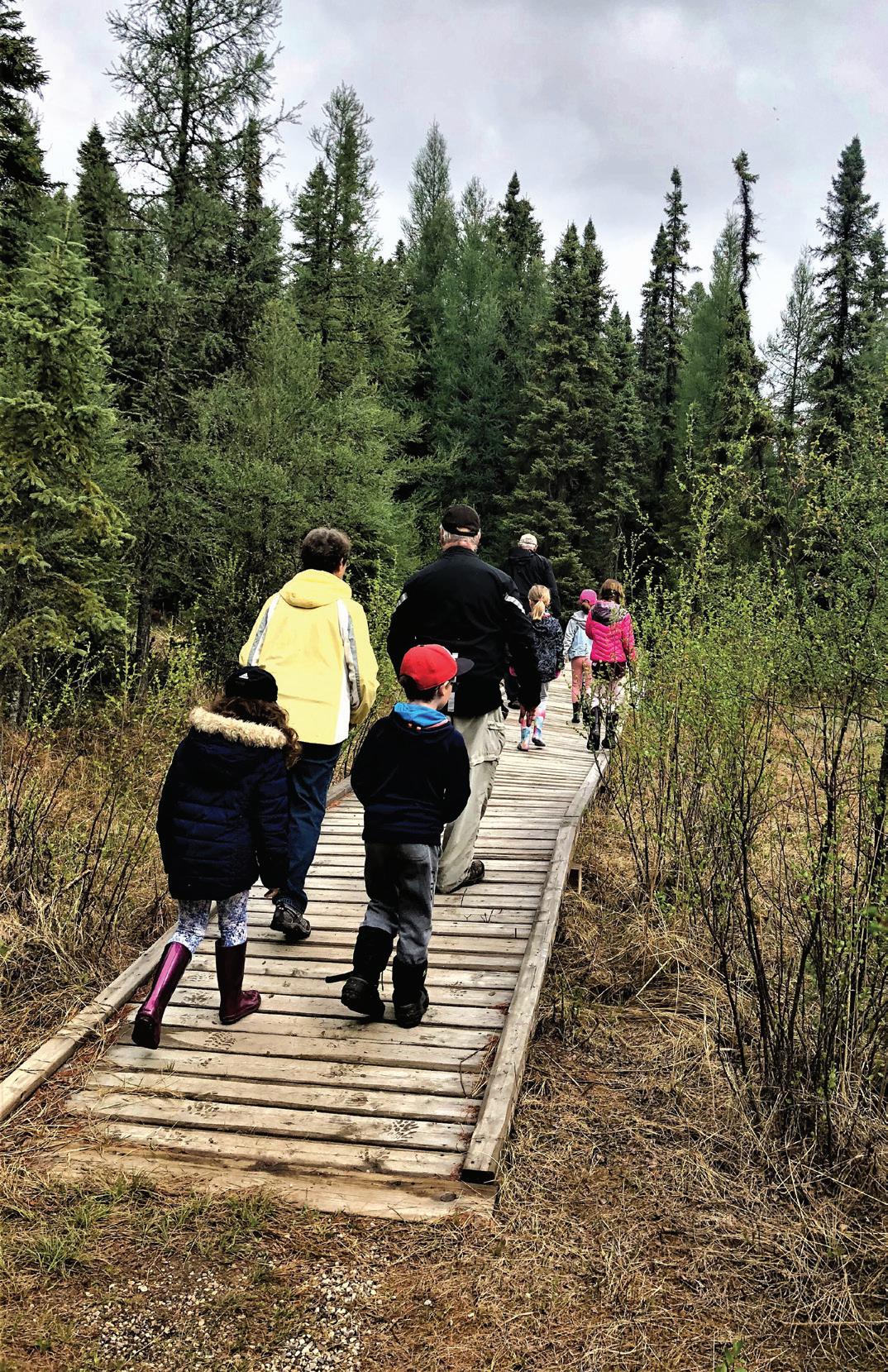
Wagner Natural Area Visitor Advisory
• Soil moisture count is high, so bring waterproof boots
• Keep dogs on a leash at all times

• Insect repellent is highly recommended
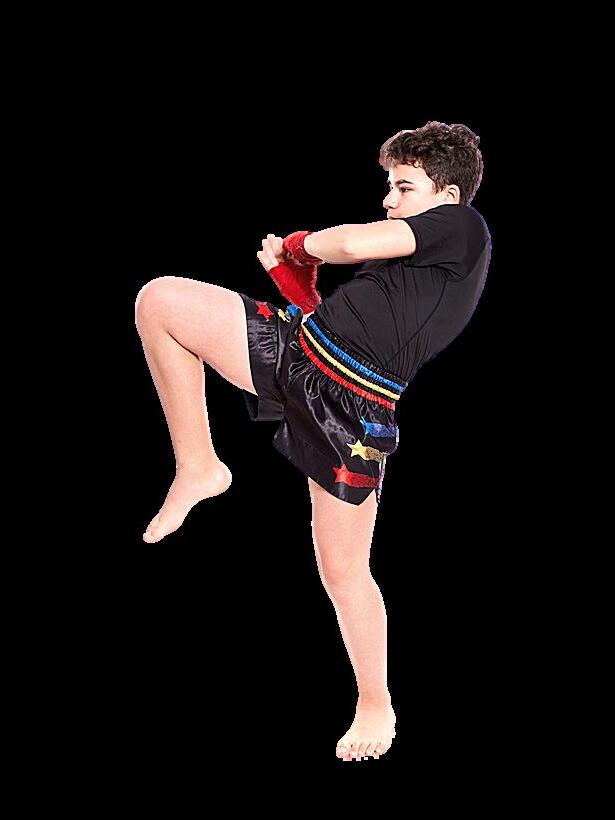
• The area is pedestrian-only, so no bikes, ATVs, etc.
• No sanitation-removal facilities are on-site, so take all garbage with you when leaving
Additional information: wagnerfen.ca
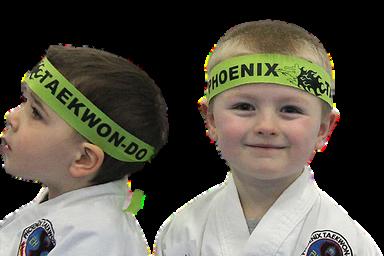


Nature doesn’t expose itself to the masses like it does during the summer, when all the vivid colours of the season sprout up in full regalia. It’s a sign to take advantage of the outdoors, partaking in everything from barbecues to golf. Others not ready to take it all in might want to complete this word search to prep for the real thing. Post your completed puzzle on our Twitter or Facebook pages (tagging T8N), to qualify for great random prizes.
Barbeque Beach
Bike
Bloom
Cottage
Deck Flowers
Garagesale Grass Ice Lawnmower
Patio
Skateboard
Streethockey
Swim Walk Baseball Beer
Bikini Blossom Cream
Farmersmarkets
Freshfruit
Garden Green
Lakes
Lemonade Plants
Rain Soccer
Streetparty
Swimming
Warmth
Basketball Bees
Landscape
Paddleboard
Playground
Rivers
Sprinkler Stroll
Trampoline
Birds Canoe Cycle Flowers Games Golf Hike
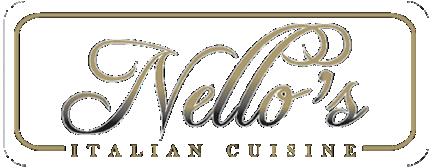
We need an inspired, talented, qualified photographer to help craft our publication and contribute to our community magazine. The ideal candidate would be local to St.Albert, have experience with photography of people, buildings, still shots of items and products, and action shots.

TO APPLY, send your resume, link to or samples of your portfolio, & to show your particular connection with T8N & St.Albert, send an idea for each of our sections:
Food & Gatherings, 8's, Then and Now, Meet you There Spotlight, Front Photo feature, Advertising features, Summer in the City adventure and Food feature.
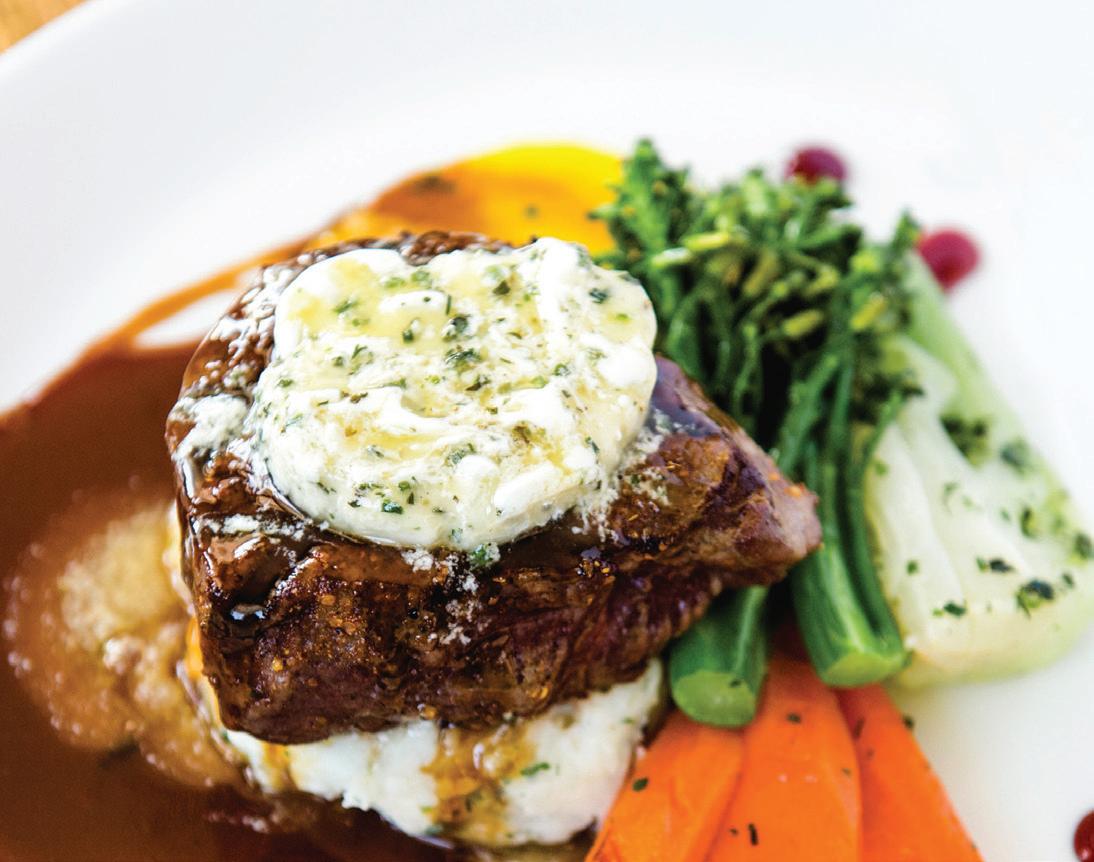
Writers and Creators wanted. T8N is looking to add to its team of talented content creators. If you are a writer, content creator, with ideas specific to St. Albert and area, we are looking for you!



